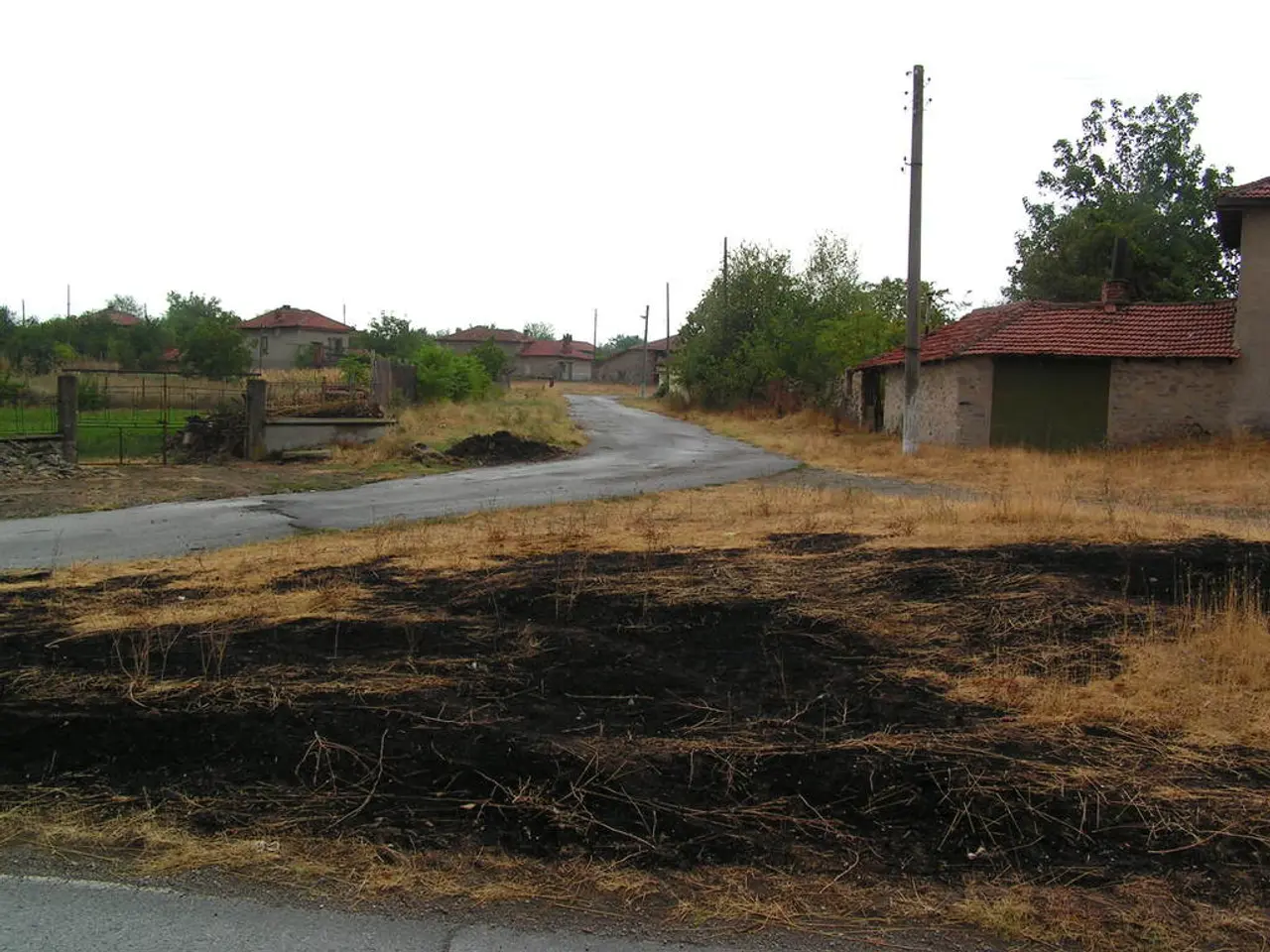Minister Eder proposes measures for safeguarding the environment and natural world - Minister Eder is devising strategies for preserving the natural world
Rhineland-Palatinate, a German state known for its rich biodiversity, is set to reorganize its nature conservation management with the introduction of nature conservation stations (Naturschutzstationen). This reorganization, spearheaded by Minister Katrin Eder, aims to improve efficiency, foster collaboration, and increase public awareness in conservation efforts.
According to reports by the German Press Agency, the nature conservation stations will serve as regional hubs for coordinating conservation activities. They will provide expertise and support to local authorities and landowners, enhance field monitoring and data collection about protected habitats and species, and promote environmental education and community involvement in nature protection.
The stations are expected to cover two to three districts each, with the first model stations, "Mittelhaardt-Donnersberg" in Pfalz and one in Vulkaneifel, set to begin operations. Minister Eder plans to establish twelve such stations throughout Rhineland-Palatinate in the next ten years. Each station is expected to receive approximately 500,000 euros in funding for a period of two years.
The nature conservation stations could be anchored in the local administration, a foundation, or a nature conservation association. Minister Eder envisions them to be visible, for example with a flag. The German Association for Landscape Management is assisting in setting up these stations.
The association operates the first model station, "Mittelhaardt-Donnersberg," while the Vulkaneifel will host the second model station. These stations are intended to be the first point of contact for local questions about nature conservation.
The necessary amendment to the Nature Conservation Act will be introduced in the state parliament after the summer break. The reorganization is a response to staff shortages in nature conservation management and an effort to bundle functions and bring together different players at the nature conservation stations.
Minister Eder aims to strengthen and make visible nature conservation in the state with this reorganization. The stations may also attract third-party funds, such as from the EU or federal programs, potentially benefiting municipalities and agricultural businesses.
For the latest concrete details on this reorganization, it is recommended to consult official publications or press releases from the Rhineland-Palatinate Ministry of Environment or equivalent authorities.
- The nature conservation stations in Rhineland-Palatinate will not only focus on traditional nature conservation activities but also promote environmental education, potentially including vocational training programs in health-and-wellness and environmental science to foster a community engaged in nature protection.
- To facilitate a more comprehensive approach to nature conservation, the nature conservation stations in Rhineland-Palatinate may also provide resources for scientific research and monitoring of local habitats and species, serving as regional hubs for vocational training, community involvement, and scientific inquiry.




